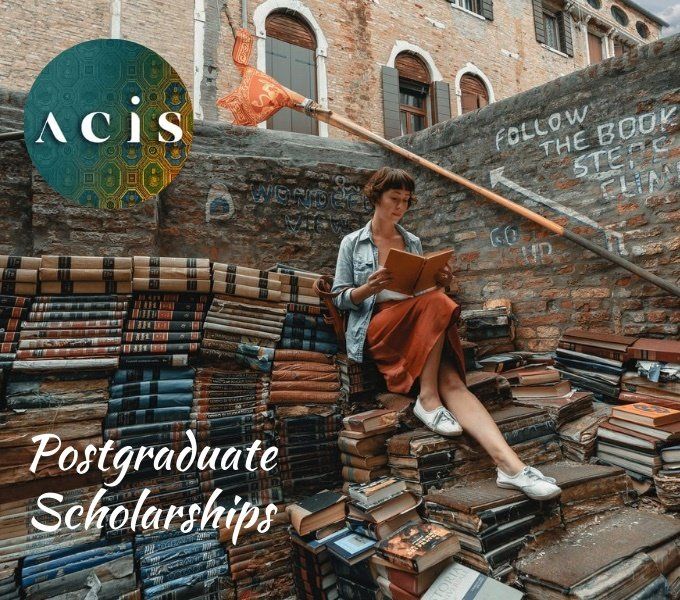Translating crime fiction with Carlo Lucarelli
Brigid Maher La Trobe University
Carlo Lucarelli chats with some of the Winter School participants
At the end of June a group of group of translators, scholars, and students of translation had the opportunity to meet and work with renowned giallista Carlo Lucarelli as part of Murder and Mayhem in Translation , a literary translation winter school hosted by Monash University. The theme of the Winter School was crime fiction, and who better to walk (and talk) us through the many challenges and delights of this genre, and its translation, than Lucarelli, creator of Commissario De Luca, Ispettore Coliandro, and Ispettore Grazia De Negro, and host of the television series Blu notte , in which he investigates and narrates the real-life crimes, plots and conspiracies of contemporary Italy.
I was lucky enough to be invited to lead the workshop alongside Lucarelli, who was visiting Australia for the first time. Our team of around a dozen workshop participants spent four days discussing crime fiction and translating an excerpt from ‘Falange armata’, one of the Ispettore Coliandro stories.
Carlo began by talking to us about his commitment to crime fiction, and the ways in which he and a number of like-minded Italian authors use the precision and realism of this genre to shed light on important social and political issues in Italy. He described his aim as to keep his readers awake three nights in a row: the first night because they want to get to the end of the story; the second night because they’re tormented by the question, ‘Ma davvero succedono queste cose?’; and the third night because they lie awake asking themselves, ‘ Cosa posso fare? ’ Unfortunately, he believes Italian audiences are still stuck on the second night…
Translators hard at work
But back to our team of translators. One of our first challenges was the protagonist, Ispettore Coliandro, an incompetent, sexist, racist, homophobic cop who somehow still manages to be quite likeable, thanks largely to the irony in the writing. Carlo explained to us that every time his character says or does something inappropriate or stupid he is ‘punished’ by the author – made to look foolish or shown up for the bigot he is. Achieving this ironic balance in English translation was tricky. We had to avoid any censorship of Coliandro’s prejudices, and at the same time preserve his likeability. Deep down, Coliandro’s not a bad fellow, more ignorant than nasty, ‘onesto ma perdente’ as Carlo put it, and we didn’t want our translation to shift that balance. This meant finding the right kinds of swearwords in (Australian) English to match Coliandro’s particular variety of Italian, with its bestemmie , racial epithets, meridionalismi and gergo poliziesco .
Other challenges were posed by the language of the giallo – police forces and ranks, firearms, the law – and Carlo, who has spent many days and nights in questure and commissariati , learning their inner workings and acquiring their vocabulary, provided a wealth of information when his team of translators were in doubt.
A sense of place is central to almost all crime fiction, and Lucarelli’s work is no exception. Bologna plays a key role in his work, and it was a delight to have Carlo bring the city to life for us, both through his writing and in conversation. The workshop participants were unanimous in observing that translating with the author on hand for clarification is a great privilege. For his part, Carlo came out of the experience with a renewed appreciation for the work of translators – ‘hanno in mano la vita e la morte dell’autore in un paese straniero’.
Small group work proved especially rewarding
On the last day of the Winter School, the participants presented their completed translation and elucidated some of the difficulties they had had to tackle during the translation process. While group translation is not perhaps the speediest variety, the results were truly excellent. The finished product, a consensus translation of an excerpt that posed all the challenges described above and many more, was greatly enriched by the wide range of expertise of its many translators, with their ears for the idiomatic, their eyes for detail, and their wide-ranging cultural, linguistic and educational backgrounds.
Spanish and French workshop groups also presented translations and all three will appear next year, along with a number of essays on the topic of crime fiction and translation, in a volume edited by Leah Gerber and Rita Wilson. In the meantime, you might be interested in listening to this interview with Carlo Lucarelli on SBS Radio.
The next Literary Translation Winter School will be held in 2015.
Share this:
- Share on Tumblr
- </div></li><li class="share-end"/><li class="share-reddit"><div class="reddit_button"><iframe src="https://www.reddit.com/static/button/button1.html?newwindow=true&width=120&url=https%3A%2F%2Facis.org.au%2F2013%2F07%2F12%2Ftranslating-crime-fiction-with-carlo-lucarelli%2F&title=Translating%20crime%20fiction%20with%20Carlo%20Lucarelli" height="22" width="120" scrolling="no" frameborder="0"/></div></li><li class="share-end"/></ul></div></div></div></div></div> <div id="jp-relatedposts" class="jp-relatedposts"> <h3 class="jp-relatedposts-headline"><em>Related</em></h3> </div></div> </div>











